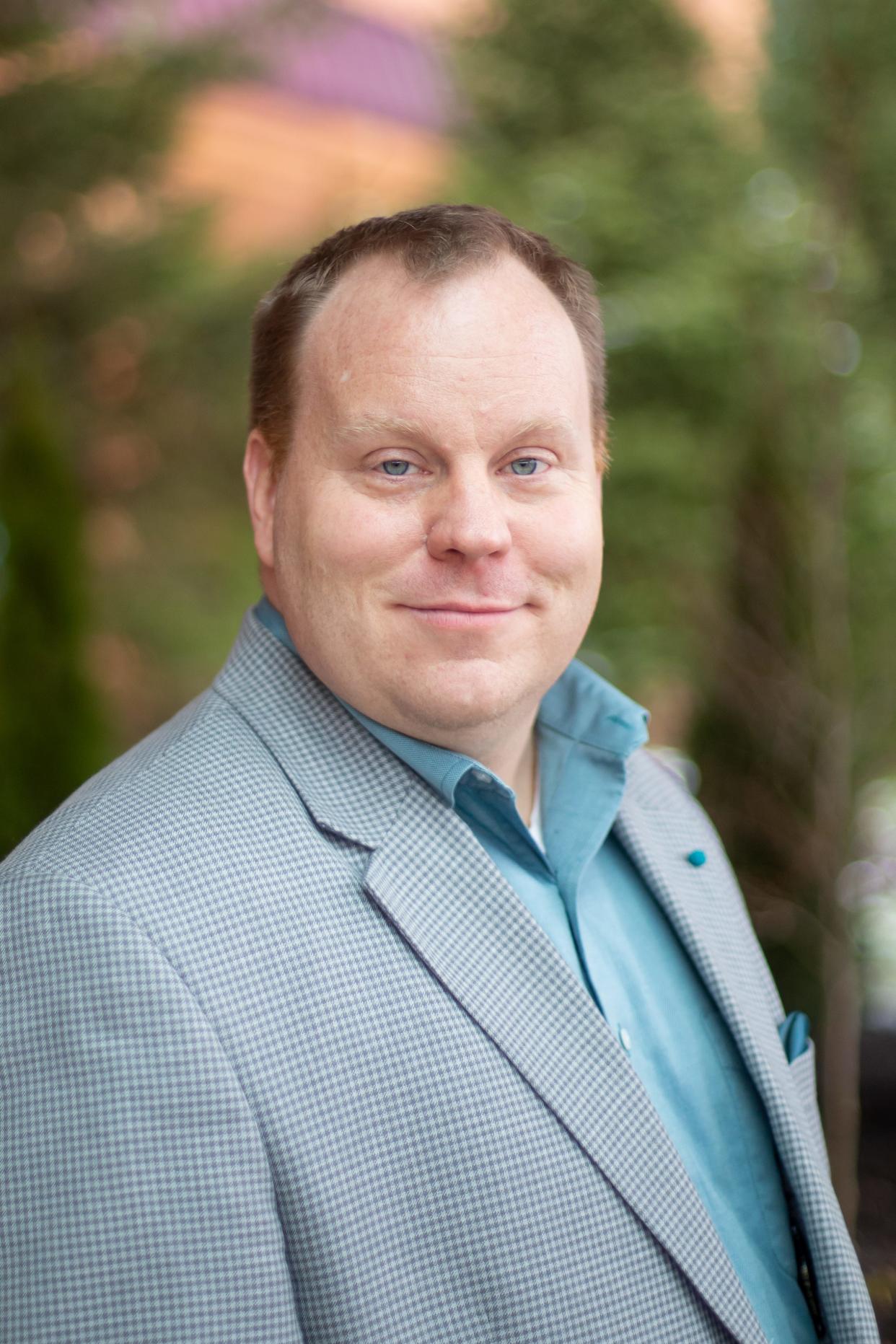Community Matters: What are you trying to accomplish?

If you are a regular reader of this column, you are undoubtedly aware that I often use this platform to encourage change in the way we think about community life here in Beaver County.
Over the last two years, I have written nearly 50 entries in this series. Along the way, I have encouraged increased transparency in regional decision-making, greater investment in public amenities and deeper coordination among county leaders. I have pushed for a more clearly conceived and articulated vision for our region, an increased willingness to take calculated risks and a disciplined focus on the future instead of the past.
I have also called for courage from local leaders and residents to make their voices heard. And I have regularly challenged both sanctioned leaders and informal community advocates to recognize that so much more is available to our communities if only we would humbly move beyond predictable and unhelpful silos that have outlived their usefulness.
Recently, a reader of the column said something like the following to me: “I love what you write, and I often agree with it. But, if I am being honest, I also wonder what you are trying to accomplish.”
I love the directness in this comment and question. And I have been thinking a lot about how to respond.
In response to this important question, I would say this. When writing “Community Matters,” I am generally hoping to accomplish some subset of the following complimentary objectives. I want our residents and our leaders to envision something different from what they have known. I am seeking to call out unhelpful or dysfunctional ways of thinking or acting. I am hoping to encourage readers to dream about things that currently seem unattainable. I intend to show that other communities are doing the kinds of things that we desire. Perhaps most of all, I am committed to speaking courageously about things that need to be said aloud to move our region forward.
When employing the strategies outlined above, I am deliberately trying to create a productive discontent that both encourages and empowers readers to move beyond frustration and toward action that can bring about the change they seek.
At RiverWise, the nonprofit organization I lead, we say it something like this: “We are engaged in community storytelling that seeks to disrupt prevailing narratives that suggest that Beaver County’s best days are behind it.” When undertaking such disruptive acts, we are assuming that if we can shift the community mindset about what is desirable, possible, and deserved, then we are well on our way to seeing those realities come to life.
By and large, residents of Beaver County presently tend to believe that a hopeful and vibrant future is dependent on something outside of their control. This belief manifests itself in all kinds of ways. I regularly hear people say something like, “If we could just get different leaders in place, we would be OK.” Or someone else might suggest, “We need to attract more industry so that we can get back to the way things used to be.” Yet others are convinced that, “If only we could secure more resources, we could sort things out.”
Surely it might be helpful to have different leaders, different economic conditions and greater resources. There are all kinds of ways that our leaders, industry and limited access to resources have precluded regional thriving. But, until and unless residents of Beaver County begin more strategically to organize their power and voice, nothing is likely to create the kind of communities that a growing number of people desire.
At present, far too many residents of the region are generally convinced that they are not part of any tangible solution for the future, that things will not appreciably change, and that what we have is about as good as it gets. True, only a few among us might say it as directly as that. But, regardless of what we say aloud, our lack of action and voice betrays a kind of apathy born out of decades of regional dysfunction, discord and division.
Recognizing these realities, “Community Matters” and the broader work of RiverWise are actively seeking to disrupt these prevailing ways of thinking so that we can more deliberately and strategically move toward the kinds of communities that more and more residents of the region envision. That will require becoming more educated, inspired, connected, mobilized and resourced to create such communities. But, unless and until our residents demand something different, these kinds of solutions will be only marginally effective in changing anything.
In the coming months, RiverWise will be rolling out events, resources, and information that will move toward more deliberately organizing community power and voice. Admittedly, we still have a lot to learn about how best to accomplish these lofty goals. But thanks in large part to the feedback provided by readers of this column, we are more convinced than ever that such work must proceed without delay.
I look forward to walking alongside all of you as we continue together to write the unfolding story of Beaver County’s future.
Daniel Rossi-Keen, Ph.D., is the co-owner of eQuip Books, a community bookstore in Aliquippa and the executive director of RiverWise, a nonprofit employing sustainable development practices to create a regional identity around the rivers of Beaver County. You can reach Daniel at daniel@getriverwise.com.
This article originally appeared on Beaver County Times: Community Matters: What are you trying to accomplish?

